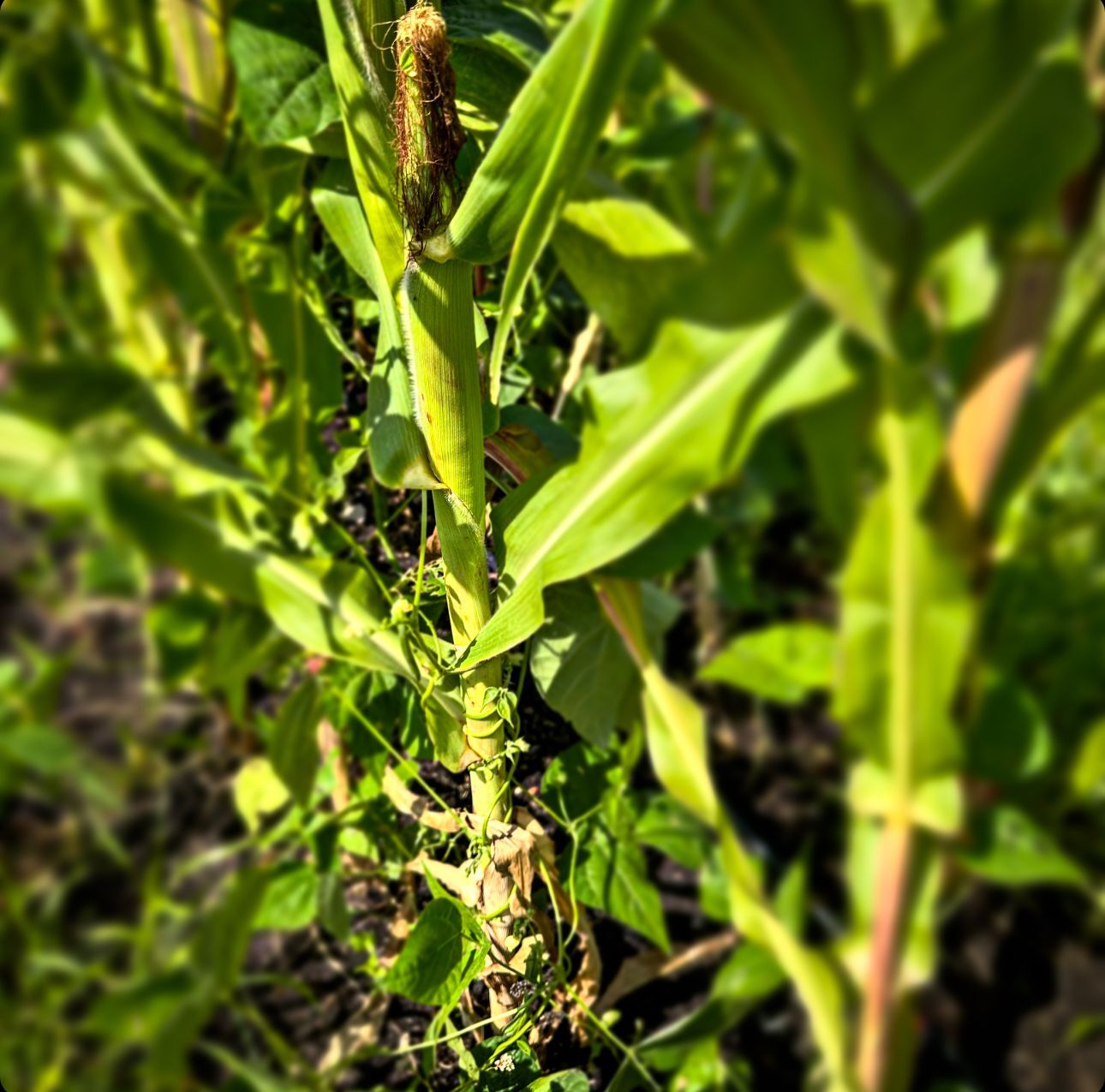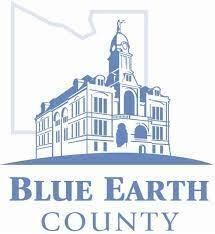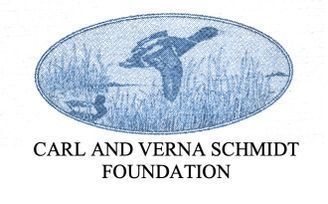
This year one of the plots in the produce donation section of the Community Farm is growing a Three Sisters garden. "A Three Sisters garden is one of the earliest forms of companion planting. The Three Sisters are corn, beans, and squash, and they work together to support each other, in one instance quite literally," said Community Farm Manager SkyAnne Walker.
"The corn uses a lot of nitrogen to grow, but the beans fix nitrogen into the soil giving those much needed nutrients to the corn. In response, the corn provides a space for the beans to grow up so they can grow off of the ground. The squash's broad leaves provide ground cover so that the corn and beans do not have to compete with weeds and to retain moisture for all three," she explained. The accompanying photo shows some beans growing up a cornstalk at the Community Farm.
Walker planted multiple varieties of the three plants at the Farm. "I decided to do a variety of plants to see if there was a difference in how well they grew," she said. Corn varieties are Bi-licious Sweet Corn, Festivity Sweet Corn, Glass Gem Corn (flint type of popcorn), and Peaches and Cream Sweet Corn. Bean varieties are Pole beans (blue lake variety) and Cherokee Trail of Tears. Squash varieties are Yellow, Acorn, Summer, Spaghetti, and Butternut.
"The Three Sisters method has been used for generations of Indigenous communities to feed their people," Walker explained. She is a member of the HoChunk Tribe, and their website explains the importance of the Three Sisters thusly: " The meaning of the Three Sisters runs deep into the physical and spiritual well-being. The well-being of each crop is believed to be protected by one of the Three Sister Spirits. An Indigenous legend has been woven around the “Three Sisters” – sisters who would never be apart from one another – sisters who should be planted together, eaten together, and celebrated together."
"This is only my second year planting a Three Sisters garden," Walker said. "I learn something new every year and hope to continue to learn over the coming years."












